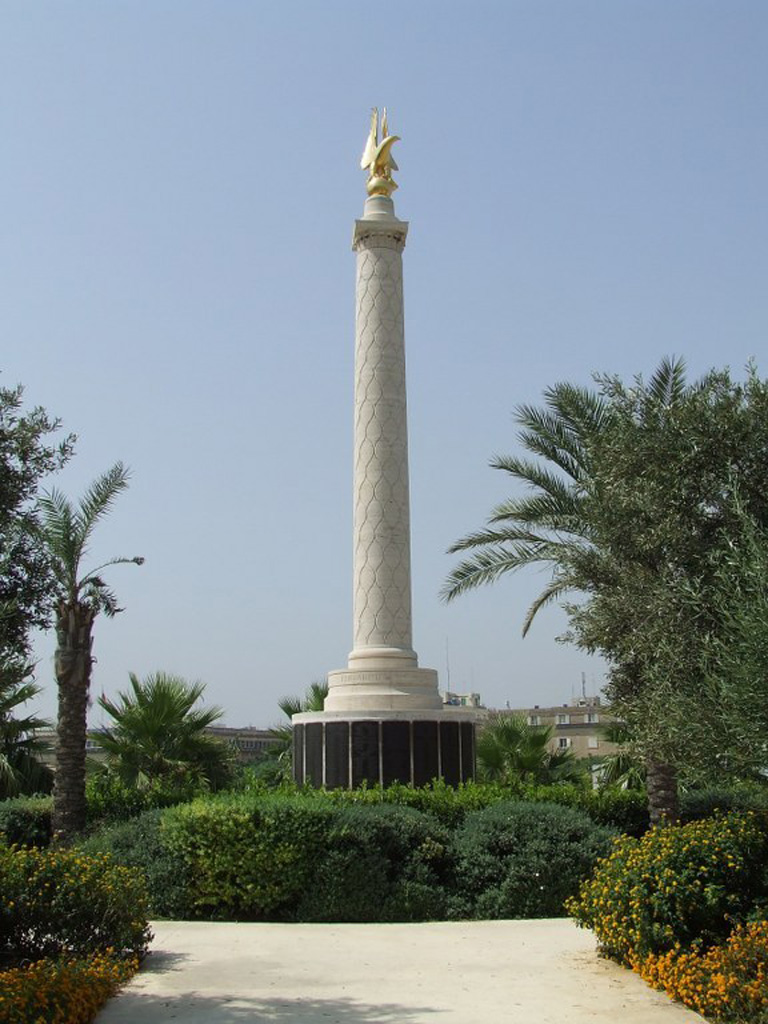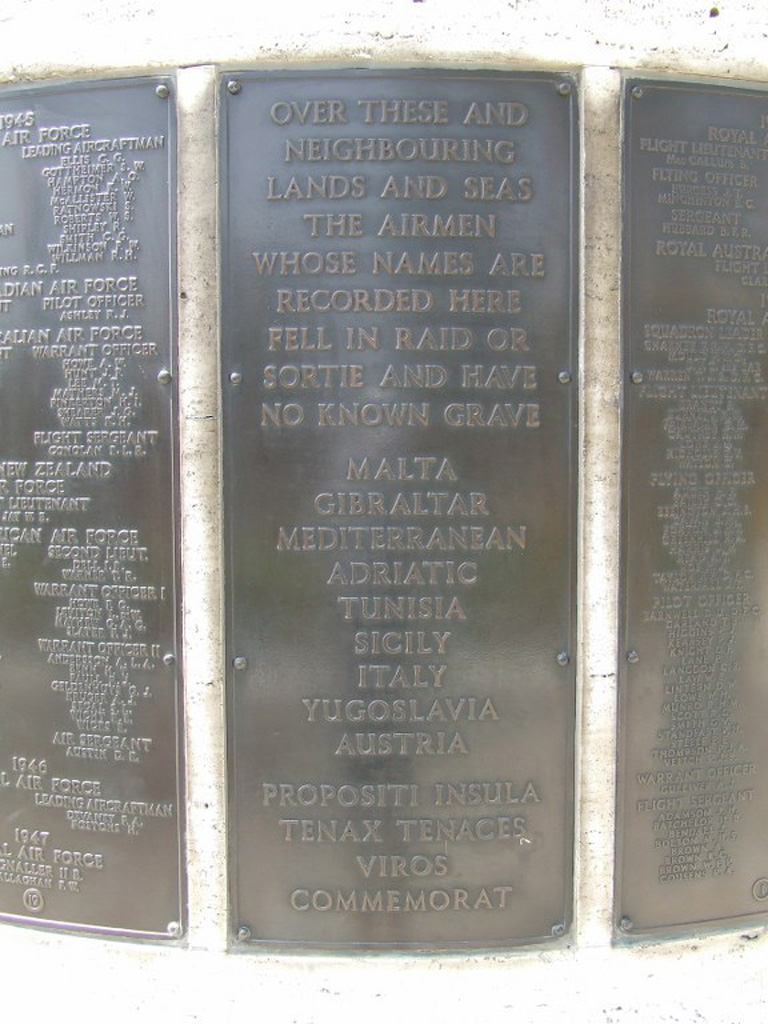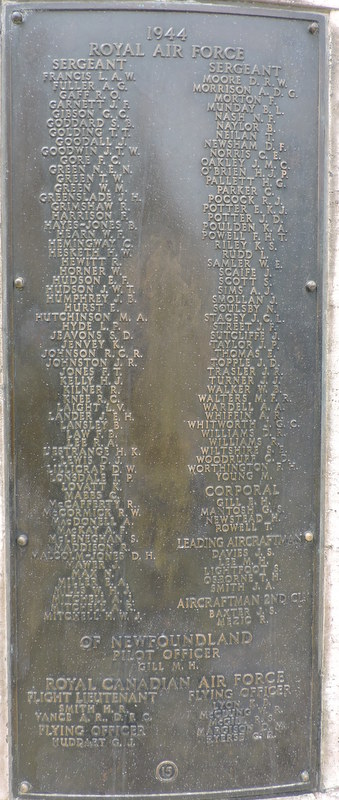Sgt. E. Hudson
Eric Hudson was born in Collingham, near Wetherby, in 1922. His father was Fred Hudson, a railway platelayer, and his mother was Minna Westoby.
Fred and Minna married in April 1911 at Carlton Street Methodist Chapel in Castleford. The couple had an elder son in 1912 called Stanley, who became a solicitor’s managing clerk. Fred Hudson had served during the Great War in the Royal Engineers Railway Operating Department.
The Hudson family came to Scholes in 1929, when they moved from Collingham into the Gatehouse Cottage where Stockheld Lane crossed the railway line, and then three years later, the family moved to Fernlea in The Avenue.
Before the war, Eric Hudson worked for Roberts, Mart & Co, Paper Merchant, in East Street, Leeds.
Eric Hudson served as a Sergeant in the Royal Air Force Volunteer Reserve with 624 Squadron, which was a Special Duties Squadron engaged in supporting dozens of secret operations in southern Europe, dropping agents, equipment, and stores, flying from Blida Airfield in Algeria. The squadron would also drop propaganda leaflets, and as a secondary role (rarely used in practice), it could contribute to conventional bombing campaigns.
Because of the nature of the operations the squadron was engaged in, very little specific information is in the public domain. The Operational Record Books (ORBs) are available, but even these give few clues as to what the actual work involved, with a typical entry being as vague as ‘Special Duties over Corsica’.
The work of the Special Duties Squadrons was exceedingly dangerous. The aircraft generally flew alone and unescorted. Radio transmissions were kept to an absolute minimum, especially when they flew out of the normal routes for conventional bombing operations, to prevent the enemy being able to locate aircraft by the strength and direction of their transmissions. Flying over the sea is always dangerous, and navigational errors, no matter how minor could spell doom for a crew. Because of the mobile nature of agents and operations the squadrons supported, the crews often found themselves flying over unfamiliar terrain, and even when they were returning to a previous drop location, they would fly in and out on new routes to prevent the enemy from recognising any patterns of behaviour.
Missions flown by these squadrons failed for all manner of reasons in addition to the usual weather-related problems, and aircraft failures. The main reason for mission failures was that signals which should have come from the ground rendezvous were not received.
Sgt Eric Hudson was flying on a mission in support of Operation Pettytoes into southern France on the night of 26th/27th April. His role on the aircraft is not given but judging from where he sits in the crew listing, he is likely to have been the Navigator for Halifax JN960, captained by 22-year-old pilot, Flight Sergeant William Houghton from Warrington.
The aircraft left Blida at 10:15pm and headed north for France. Because of the secrecy that surrounded every mission the squadron flew, there was no alarm raised due to there being no radio communications. The alarm was only raised after the predicted time for the aircraft’s return had passed.
An air-sea rescue search was mounted, consisting of seven aircraft of various types. After searching probable sea areas for five hours, the search was called off due to the weather, and some of the aircraft had to be diverted to an alternate airfield at Maison Blanche, now Houari Boumediene Airport, on the north coast of Algeria. One aircraft failed to return and was later found to have crashed into a hillside near Algiers, killing all the crew.
The crew of Halifax JN960 who perished with Eric Hudson were:
Sgt William Houghton – Pilot and Captain
F/O George Joffre Huddart
P/O Sidney Richard Stead
Sgt David Gemmell
Sgt Kenneth Norman Ward
Sgt Andrew John Mitchell
Of those men, Sgt Gemmell and Sgt Ward were recovered for burial, Sgt Gemmell in Marseille, and Sgt Ward in La Nouvelle, which are some 120 miles apart across a bay in the Mediterranean Sea. It suggests that the aircraft they flew in went down fairly close to the French coast. The other five men were lost to the sea, and they are now commemorated on the Malta Memorial.



